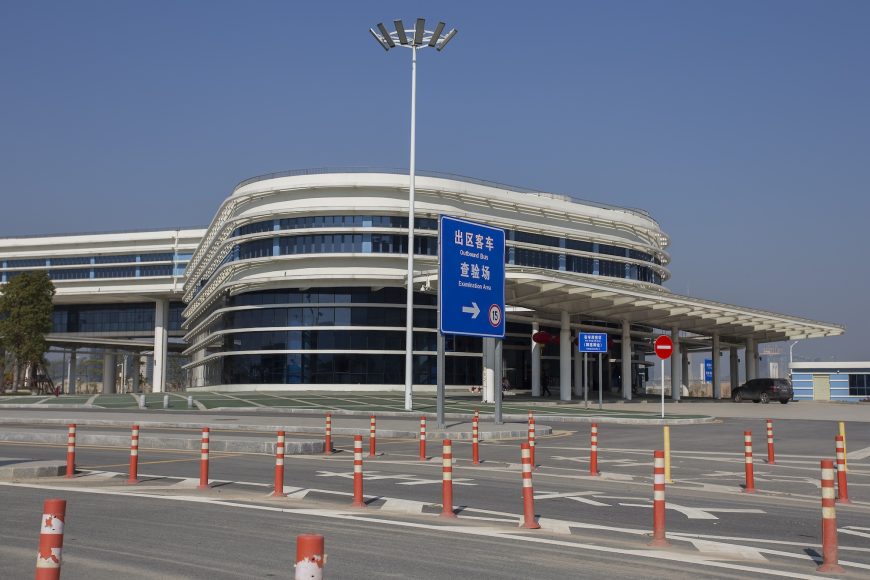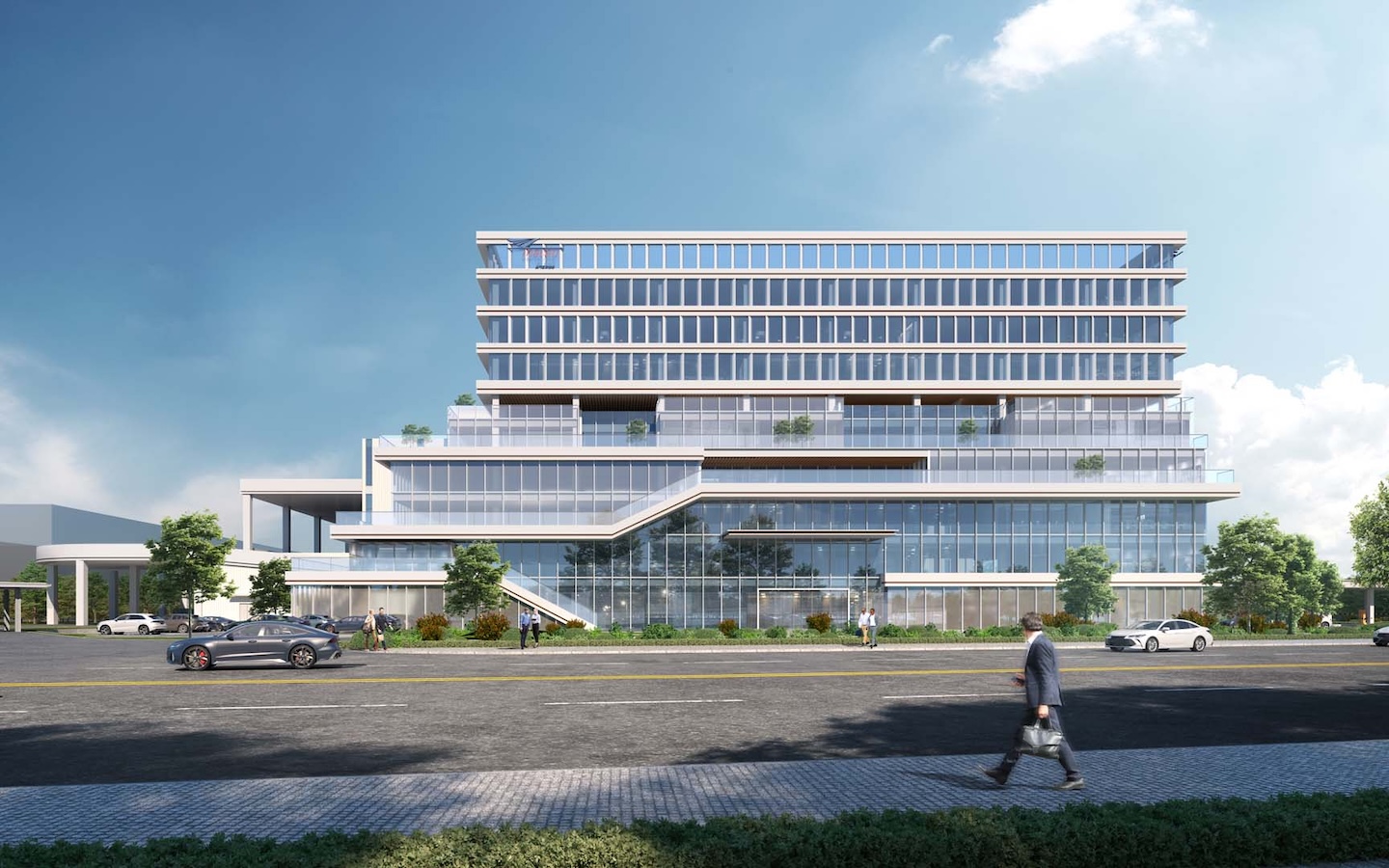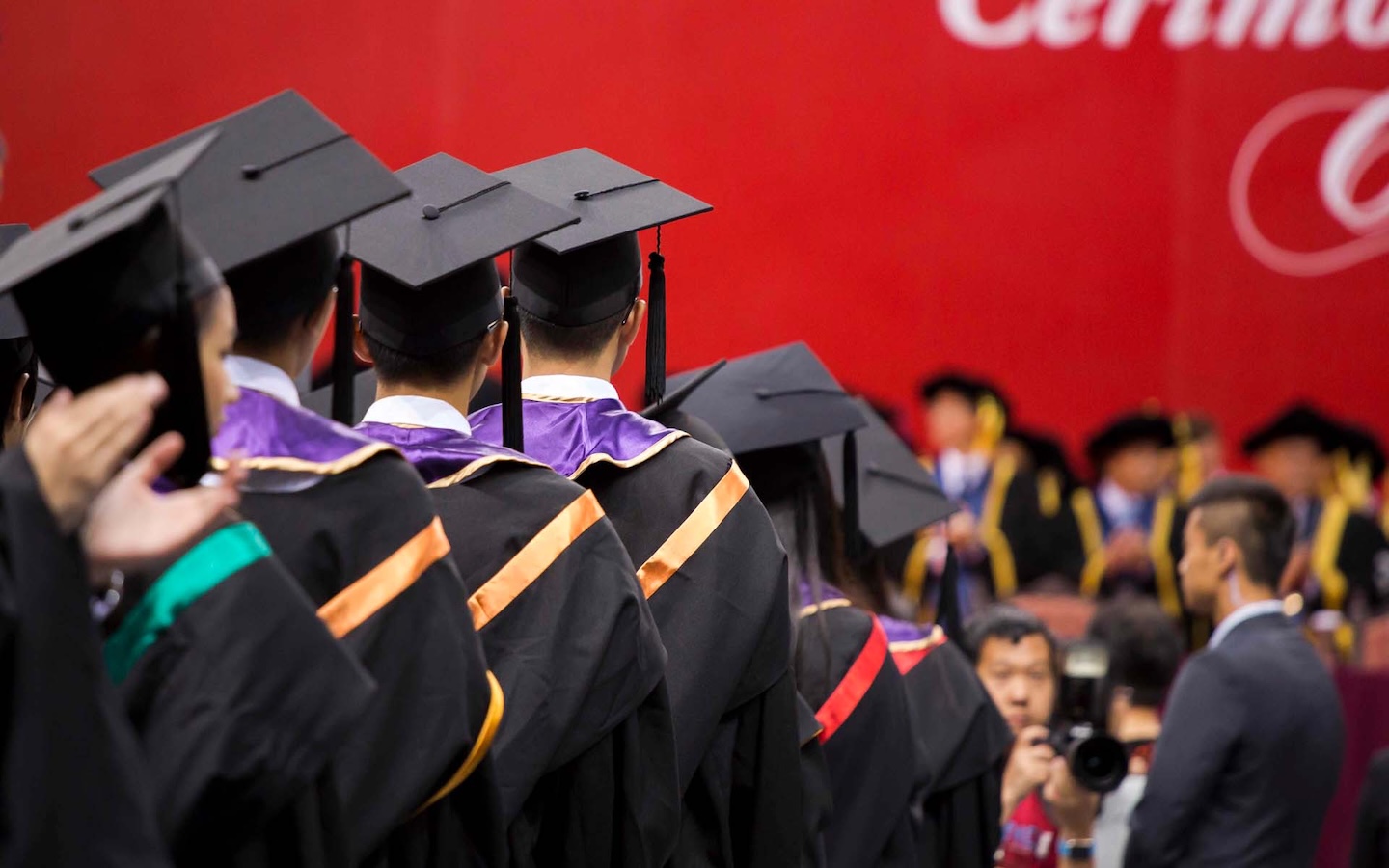On 18 December, Macao and the neighbouring island of Hengqin drew closer with the 24-hour opening of the gate separating them. It is the first time since the Portuguese settled here in 1557 that the border has been open round the clock.
The move will have a far-reaching impact, including the migration of thousands of Macao people to live over the border and the development of non-gaming attractions which the city needs but for which there is no land. It is, in some respects, a tripling of the size of Macao.
December 18 was chosen to mark the 15th anniversary of the return of the city to the mainland two days later. President Xi Jinping came in person to mark the anniversary and swear in Chief Executive Fernando Chui Sai On for his second five-year term.
On 20 November, Tam Chon Weng, the government spokesman, said that the Lotus Flower Bridge checkpoint between Cotai and Hengqin would be open for 24 hours for travellers and passenger vehicles, including Macao residents, non-local workers, students and visitors from the mainland and passenger vehicles of all sizes with both Macao and mainland licence plates.
In addition, the main border gate with Zhuhai will open one hour earlier at 0600 and close one hour later at 0100.
Tam said that this was something which Macao had been looking forward to for years. “The new crossing arrangements will facilitate crossing and exchanges between the people of Macao and the mainland,” he said.
Niu Jing, director of the Hengqin New District Management Administration (HNDMA), forecast that, by 2020, it will have a population of 200,000, of whom one third will be Macao residents; in 2009, only several thousand people, mostly farmers and fishermen, lived there.
The next step will be for drivers of cars with Macao number plates to enter Hengqin freely and go around the district. Near completion is a new checkpoint and customs area on the northern tip of Hengqin, at the end of a bridge linking it to the rest of Zhuhai.
Only if Macao drivers wish to cross the bridge will they need a Guangdong province licence plate.
The HNDMA has an ambitious plan to make Hengqin an ‘ecological island’, with 70 percent reserved for ocean, forests and wetlands and low-carbon materials in all the building projects. It will have no heavy industry.
It will develop leisure and tourism: business and financial services; culture and creative industries; health and traditional Chinese medicine; research and development in education and technology; and hi-tech.
Room to expand
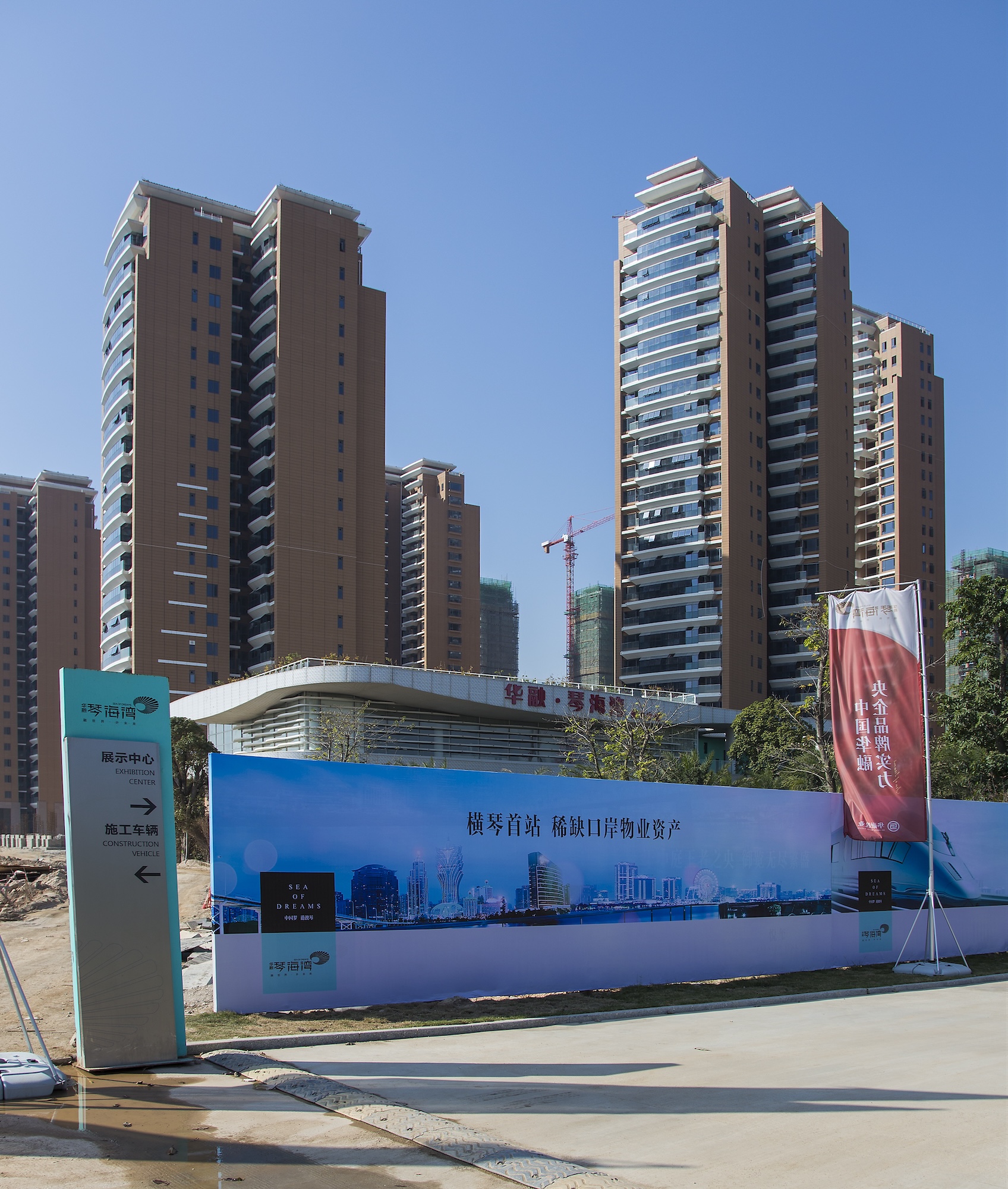
Hengqin has 106.5 square kilometres, three times the land area of Macao, and 200 metres away across a narrow stretch of water at the closest point.
Since the State Council designated it a special zone in April 2009, development has moved at a rapid pace. In early 2014, the world’s biggest marine theme park, the Chimelong Ocean Kingdom, opened on 132 hectares on the southern tip, with an investment of 20 billion yuan. It is attracting thousands of visitors, domestic and foreign, every month.
In August 2014, the University of Macau opened its new campus on the east of the island, on an area of 1.09 square kilometres; the Macao government is paying 1.2 billion patacas for a 40-year lease. It is 20 times larger than its previous campus in Taipa and can accommodate 10,000 students, all living on site.
These two major projects are up and running. In addition, major roads have been built around the island, as well as ancillary roads, and power, gas and water and telephone connections laid down.
According to the Southern Metropolitan Daily of Guangzhou, Hengqin will be connected by rail to a line that links the urban area of Zhuhai with Guangzhou and cities on the western side of the Pearl River and will also be linked to Macao’s light rail system.
Close to completion, in the northeast of the island, is the Shizimen Central Business District, with a total investment of 36 billion yuan. Office blocks have been built and China’s major banks have taken space in them.
According to preferential policies approved by the State Council in July 2011, financial institutions in Hengqin can set up offshore foreign currency business and trust funds and do currency conversion for individuals.
Residents of Macao and Hong Kong who work in the island need only to pay income tax equivalent to what they pay at home.
North of the bridge, not physically in Hengqin but part of the plan, is a large exhibition and business centre, complete with five-star hotel and office space.
The HNDMA has set aside an area of 4.5 square kilometres as a joint Guangdong-Macao industrial zone. The Macao government has proposed 33 projects in the park, with a total investment of 140 billion yuan. It has asked for a further 10 square kilometres, which will have to be reclaimed from the sea.
According to the HNDMA, a total of 6,500 companies have registered in the district, with a total registered capital of 320 billion yuan. It said that total investment in 2014 was 24 billion yuan.
All these developments may prove to be a mixed blessing for Macao. On the one hand, Hengqin is providing firms in the city with new space and opportunities that they do not have at home.
On the other hand, once all the infrastructure and facilities are in place, it will also be a competitor. The large exhibition and convention centre, for example, will compete with venues in Macao that are trying, in accordance with official policy, to diversify away from gambling.
And the 24-hour opening makes it more convenient for gamblers to stay in Zhuhai rather than in Macao; they can leave the tables at any hour of the night and be able to reach a cheaper hotel in Hengqin conveniently.
Moving to Hengqin
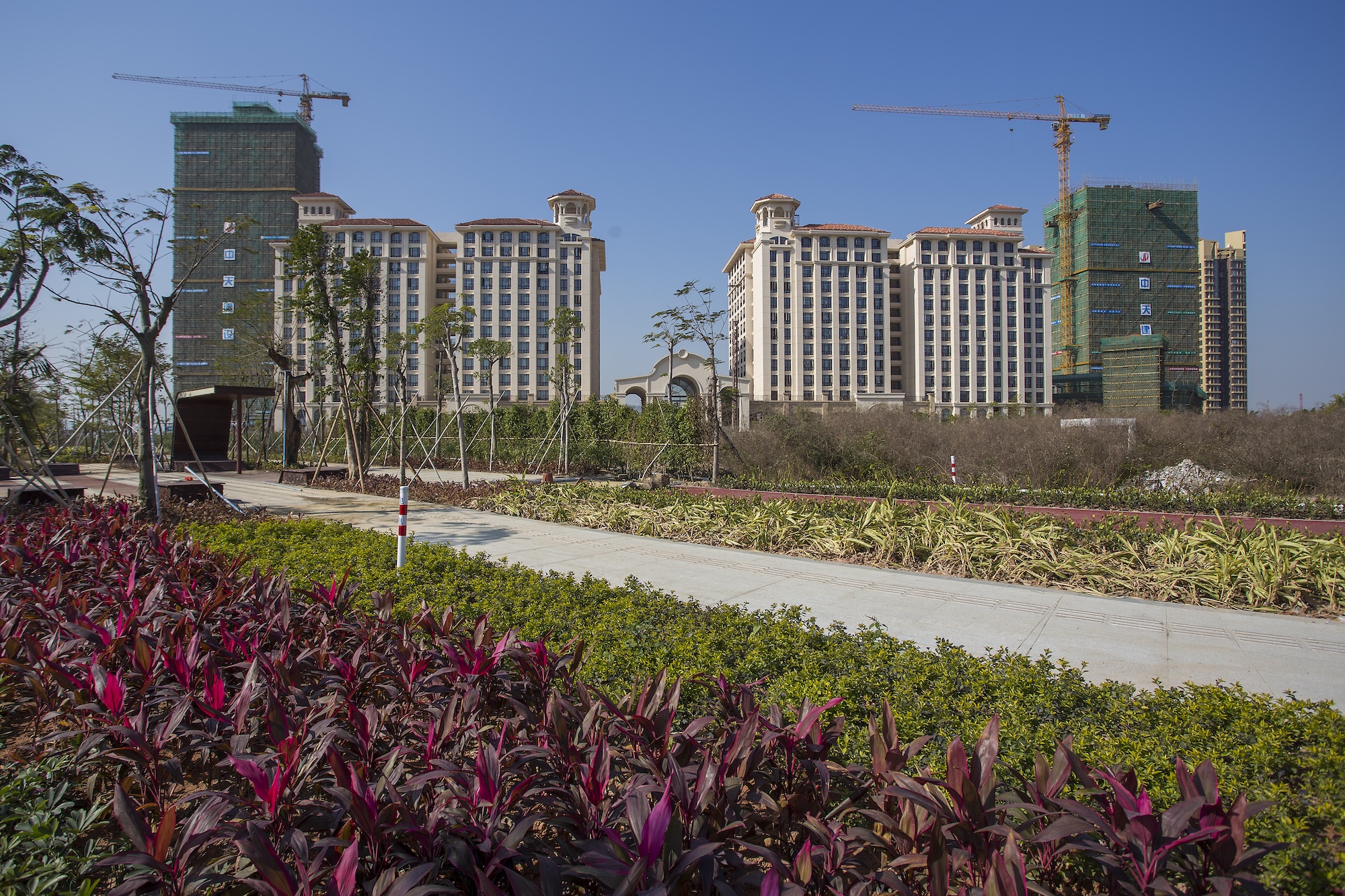
Property is the sector most immediately affected by the 24-hour opening. Under construction on the east coast of the island, facing Taipa, are dozens of apartment blocks mainly aimed at Macao residents.
One of them is Jin Hai Wan, a development which combines a dozen blocks with 40 villas, a clubhouse and commercial area. “We have sold 80 percent of the first nine blocks, at 38,000 yuan per square metre,” said Ye Shaoming, a sales representative for the firm.
“Of the buyers, 90 percent are Macao people, with the remaining 10 percent from Hong Kong and the mainland. You can obtain a loan for 70 percent, with 30 percent as the initial payment,” he said. The price for the newest units is 42,000 yuan per square metre.
One of its main selling points is the fact that it is directly opposite the border gate that is now open 24 hours a day.
Its prices are less than half those of Macao, where the average price per square metre of residential space rose by 9.2 percent in October to 106,341 patacas per square metre, according to the Financial Services Bureau. Property prices here have tripled since 2009.
Since the news of the 24-hour opening came, there has been a rush of interest from Macao people. The number of them visiting property sites in Hengqin has increased by 50 percent; the developers have started to sell their units, in advance in Macao.
Xu Yihan, a consultant to Hesheng Real Estate Company, said that, on hearing the news, owners of units in the Hengqin New Garden complex raised their prices from 29,000 to 30,000 yuan per square metre in anticipation of strong demand.
It is typical of prices in Hengqin which have risen dramatically in the last five years. An apartment in Jinxin Garden cost 2,000 yuan a square metre in 2003, with most units empty; the price rose to 4,000 in 2010 and has now reached 26,000 yuan. Prices of the newest apartments are even higher, at 39,000-42,000 yuan per square metre. One of the most desirable sites is K2 Lai Chi Wan, with a total of 320,000 square metres, including a kindergarten and a primary school and with 11 different kinds of apartment. It is under construction, with an expected sale price of 40,000-50,000 yuan per square metre.
These increases reflect the rapid development of Hengqin and the sharp rise in property prices in Macao. Prices in the district are the highest of any in Zhuhai.
All this is not good news for potential buyers in Macao. It means that Hengqin has become a part of the Macao property market, attracting investors from outside who are speculating on rapid price increases. This carries the risk of a bubble.
Guan Haijing, deputy president of Hengqin Huiji Investment Company, said that the main buyers for apartments in the district in the first phase would be Macao people. “But its population is limited and some have bought already. At a later stage, there will be a large supply of property. The sale of all of these units will be difficult.”
Another downside is that, while the property sector has grown quickly, the ancillary facilities – including shops, markets, restaurants, banks, schools and hospitals – are not yet in place.
Ye of Jin Hai Wan said a primary school would be built opposite the development, with teachers hired from cities in Guangdong province. It will follow the mainland and not the Macao curriculum; residents from the city will have to decide whether to send their children there or to a school in Macao.
Other beneficiaries
Other beneficiaries of the opening will be the more than 70,000 migrant workers in Macao, a majority of them from the mainland.
They are even less able than local residents to buy property in the city; most live in cramped apartments and dormitories. The opening of the border means that they or their employers can rent space in Hengqin for them to live in; it should be cheaper and more spacious.
As of the end of 2013, there were 73,476 imported workers in Macao; the number will continue to rise with the opening of 17,000 new hotel rooms over the next three years. The population is expected to reach 700,000 by 2016, up from 610,000 at the end of 2013.
The opening to Hengqin should also serve the Macao population as a whole, giving them a new place to go at the weekends and escape the overcrowding of the urban area.
